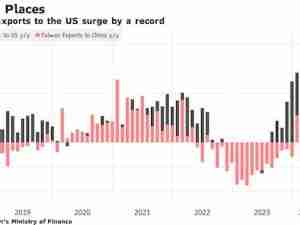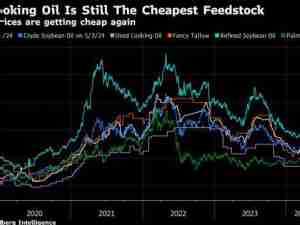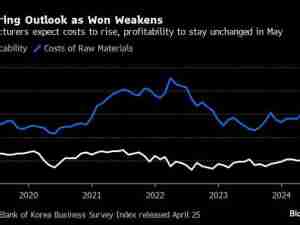More predictability, more trade - US tells Hungary
By: Reuters | Feb 12 2015 at 04:48 PM | International Trade
The United States wants to boost trade with Hungary, its new ambassador to Budapest said, but ever-changing rules and a lack of consultation can scare away investors.
Prime Minister Viktor Orban's government has clashed a number of times with Washington over reforms that critics said harmed some foreign investors and weakened the system of checks and balances in the former Communist satellite.
Adding to the tensions, the United States last year denied visas to several Hungarians over alleged corruption.
"Attracting investment is all about transparency and predictability," U.S. Ambassador Colleen Bell told a business forum held by the American Chamber of Commerce.
"Companies need to be secure in the knowledge that when they set their business goals, plan how to reach them and make an investment, all under the rules today, that those rules will not be arbitrarily changed tomorrow," she said.
Orban's administration, which has levied big windfall taxes on banks and other business sectors to plug budget holes, has been criticised for the way regulations are introduced, sometimes overnight, and often with little or no consultation.
Germany, Hungary's biggest foreign investor, has been particularly annoyed by a new transport tracking system, which the companies affected say creates extra bureaucracy and will harm the economy.
"In a globally competitive world, companies will compare one country to another when making decisions about where to invest," Bell said.
"Laws, rules and regulations of course sometimes need to change and adapt to new circumstances. But consultation with stakeholders is an important part of the process and without it, potential investors go elsewhere," she said.
Citing U.S. Department of Commerce figures, Bell said two-way trade between Hungary and the U.S. rose 35 percent last year and was worth over $7 billion.
"The U.S. provides Hungary with just slightly over 2 percent of its imports. Likewise, Hungary only sends about 2 percent of its exports to the U.S," Bell said.
"I believe that our commercial relationship has the potential to improve significantly, if impediments and disincentives to doing business can be removed." (Reuters)









